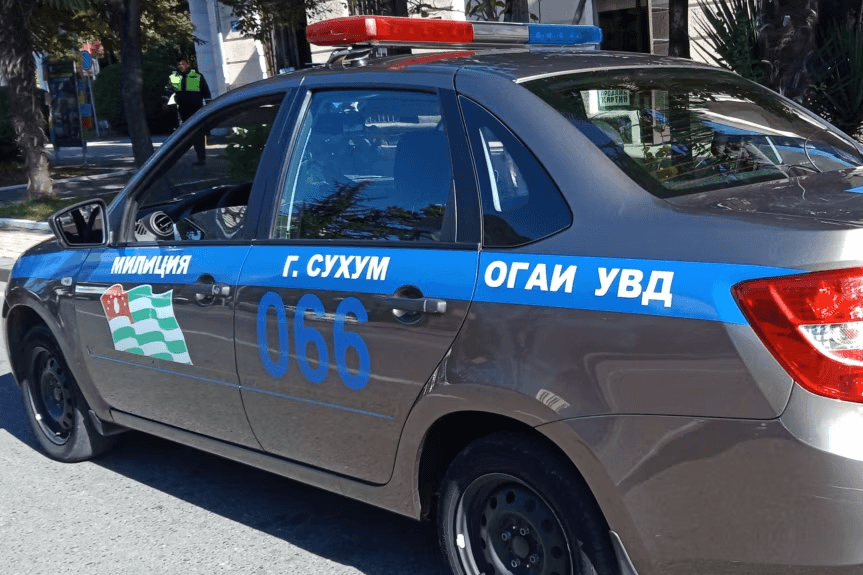
President of Abkhazia Aslan Bzhaniya has expressed willingness to legalise the sale of residential real estate to Russian citizens. The right to sell and purchase residential housing in Abkhazia has been limited to Abkhazian citizens for decades.
During a trip to the Tkuarchal region, Bzhania mentioned that the sale of houses and apartments to Russian citizens could spur investment and population growth in Abkhazia in general and in the depressed Tkuarchal region in particular.
‘It shouldn’t be about acquiring political rights or citizenship. This is an economic issue’, the Abkhazian president said, adding that Abkhazia ‘needs people’ and ‘specialists’ who will not only work but also purchase locally made and grown Abkhazian goods.
The legalisation of the sale of property in Abkhazia to non-citizens of the republic has been raised regularly over the past several years, though no concrete steps in this direction have been taken.
In 2015, then-MP Sergei Shamba attempted to submit for discussion a draft law that would legalise Russians purchasing property in Abkhazia. The document caused an uproar among other MPs.
Another MP Almas Japua threatened to resign if his colleagues did not support a proposal to adopt a moratorium on the sale of real estate to foreign citizens. No such moratorium passed, as what it would have prohibited was already illegal. Meanwhile, Shamba withdrew his initial draft bill.
Despite the prohibition on the purchase of real estate to foreign citizens, some have managed to at least partially circumvent these restrictions.
One couple that spoke to OC Media, who asked to remain anonymous, said that they purchased a house by registering it as essential to a joint Russian-Abkhaz business venture. The price of the home was considered their ‘investment’ into the business.
Another family, who also asked to remain anonymous told OC Media that they purchased a home in rural Abkhazia, by having a friend with Abkhazian citizenship make the purchase for them. For several years they have tried to obtain Abkhazian citizenship in order to take legal ownership of their home, but have so far been unsuccessful.
In an interview with Chegemskaya Pravda, an Abkhazia-based political scientist Astamur Tania told OC Media that, in his view, the question of legalising the sale of real-estate to Russian citizens, has turned into a political weapon to be used between the government and the opposition. As a result, rational discussion of the issue, especially of potential economic impacts, has been foreclosed.
‘Now it is impossible to discuss it because if a person says that he is for the sale of housing, he is declared a traitor’, he said. ‘And if one is against is, he is [said to be] anti-Russian’.
The question has been transformed from a ‘practical issue’ into ‘politically aggressive propaganda’.
The primary geographic terms used in this article are those of the author’s. For ease of reading, we choose not to use qualifiers such as ‘de facto’, ‘unrecognised’, or ‘partially recognised’ when discussing institutions or political positions within Abkhazia, Nagorno-Karabakh, and South Ossetia. This does not imply a position on their status.








